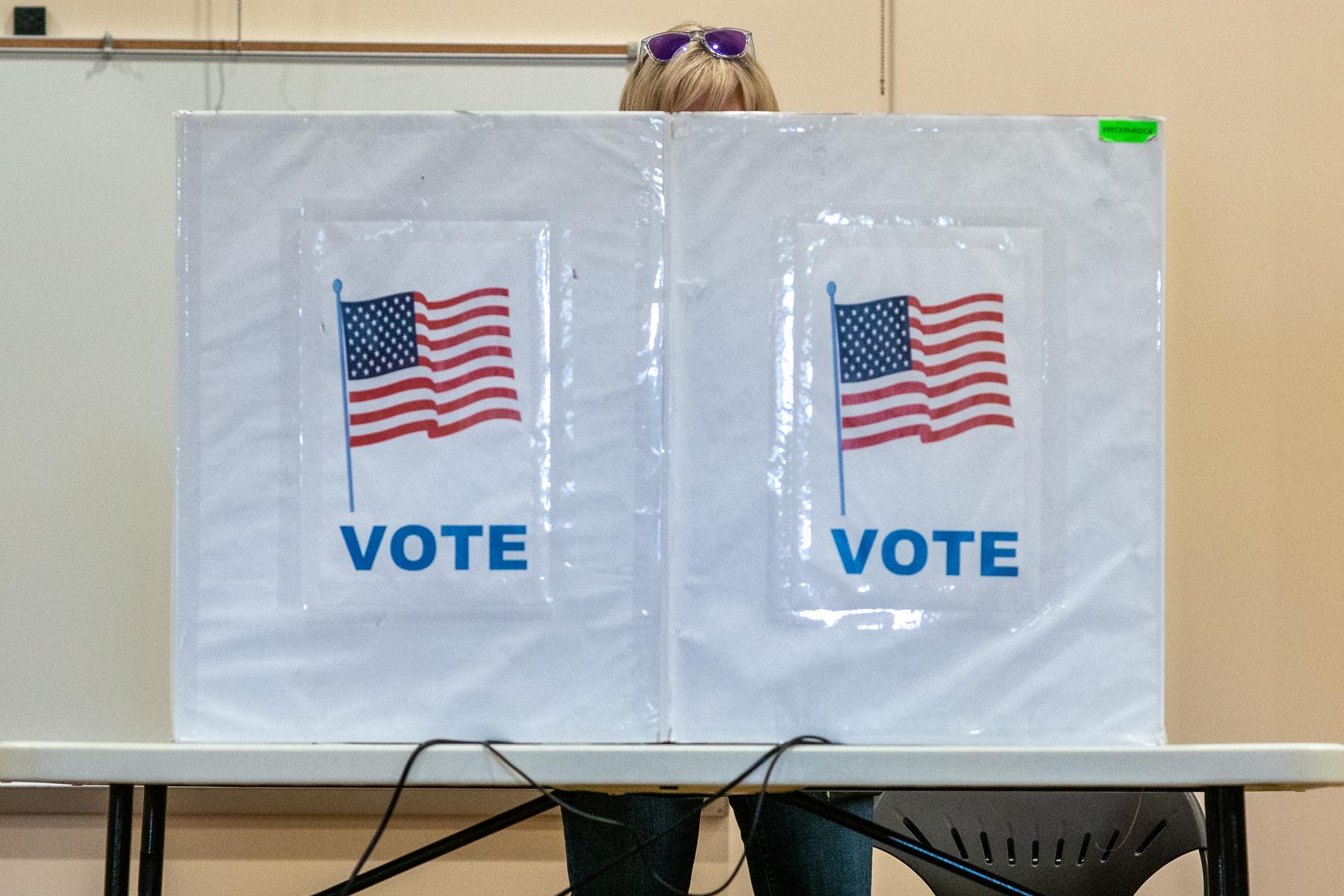
Updated at 12:06 a.m. on Nov. 6, 2024.
How Colorado elects its leaders won’t be changing anytime soon.
Proposition 131 is losing handily. As of 10 p.m. on election night, 56 percent of votes were going against the sweeping reform measure that would have done away with party primaries and instituted ranked choice voting for general elections.
Kent Thiry, the deep pockets behind Prop. 131, conceded defeat late Tuesday night.
“We lost. Period. We own that,” said Thiry in a phone interview with CPR News. “But, boy, have we laid a foundation for a much more thoughtful discussion about what makes a quality democracy.”
Proponents like Thiry argued the system would have had a moderating effect on politics, as partisan primaries lead to lower turnout and potentially produce more extreme candidates.
Prop. 131 failed despite an extraordinary influx of campaign cash from Thiry and others, topping $14 million by Election Day. Opponents meanwhile had little money, but prominent elected Democrats, including U.S. Senator Michael Bennet, fiercely opposed the measure.
“With this result, Coloradans said loud and clear that they will not allow billionaires and Big Oil to buy our electoral system,” said Wendy Howell, state director for the Colorado Working Families Party, in a statement. “Let the failure of Prop 131 serve as a lesson to all those who think they can buy our elections: when you try to do so, working families in Colorado will unite to tell you NO.”
The changes would have impacted most state and federal offices in Colorado. Prop. 131 would have instituted “all-candidate” primaries, where voters choose among all candidates in the race, regardless of party affiliation. The top four vote-getters would have gone onto the all-ballot, where voters could have ranked them by preference.
The complexity of the measure may have contributed to its downfall.
“Yeah, I do think it's a lot to absorb,” said Thiry. He said that even if many voters agreed that the electoral system is broken and needs to change, there was probably a lot of caution about this particular solution. “That sort of caution, that sort of natural conservativeness, that's a good thing, that's to be admired in our voters.”
The campaign was the most expensive of the 2024 election cycle in Colorado. Proponents, led by Thiry, a former Davita executive, and Ben Walton, a Walmart heir, altogether contributed more than $15 million to pass Prop. 131. The money allowed the campaign to blanket the state with TV and digital ads, mailers and text messages.
Opponents of Prop. 131 included elected Democrats like Bennet and the Colorado Democratic Party, but campaign fundraising was meager, bringing less than $400,000. Still, the campaign also sent a flurry of text messages to voters, including a plea from Massachusetts U.S. Senator Elizabeth Warren to vote ‘no.’
The Colorado Democratic Party celebrated the initiative’s defeat, saying that the state’s elections are already “the best in the country.”
“Proposition 131 would have sacrificed the safety and security of our election system for the whims of special interests and big corporations whose pay-to-play tactics would have flooded the state with even more dark money,” said Shad Murib, Chair of the Colorado Democratic Party, in a statement.
Thiry pointed out that the Colorado Democratic party included support for ranked choice voting in its platform as early as 2006, but said that stance changed once the party cemented its political dominance in the state.
And Thiry added that substantial reforms like this often take many years to gain traction.
“I own this result,” said Thiry. “And need to step back and reflect. At the same time, I'm so proud of all the voters who now have a better sense of what a better democracy might look like.”









